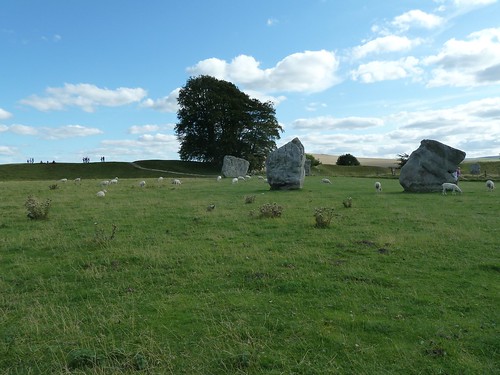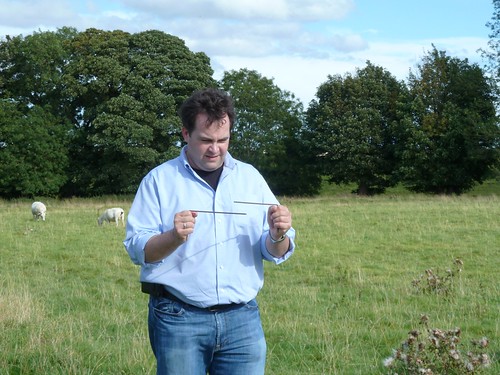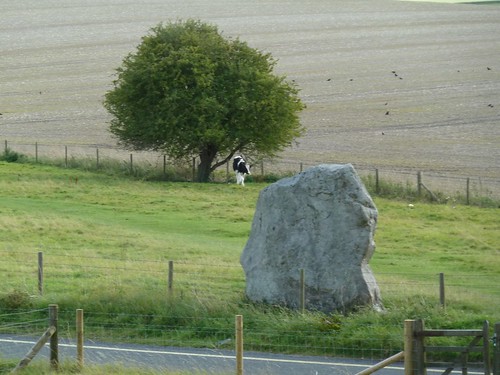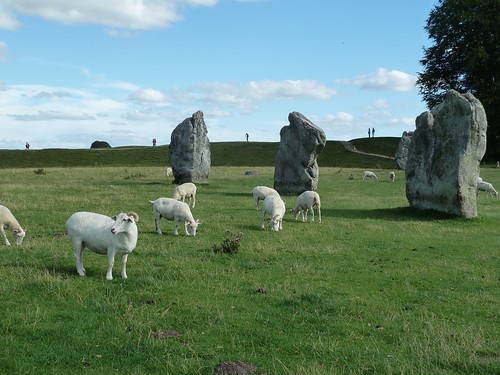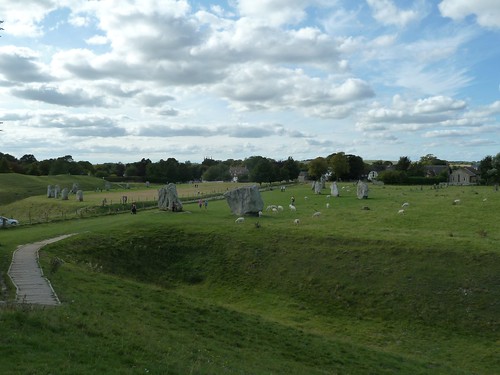 Have you ever noticed how stressful the winter holidays can be, what with family obligations, spending money, getting off schedule, meeting the expectations of others, and on and on? What about when we see other people who seem to buy or give nicer or more thoughtful gifts, get more time off than we do, or greater bonuses? Don’t even get us started on how even more doctoral student colleagues earn themselves time off with great strides in writing and research and progress!
Have you ever noticed how stressful the winter holidays can be, what with family obligations, spending money, getting off schedule, meeting the expectations of others, and on and on? What about when we see other people who seem to buy or give nicer or more thoughtful gifts, get more time off than we do, or greater bonuses? Don’t even get us started on how even more doctoral student colleagues earn themselves time off with great strides in writing and research and progress!
Ever make you think that life is not fair, or everybody has it better, or just somehow I am doing the wrong thing? The holidays can certainly bring these emotions and more up in us, and I think it is worth reflecting on.
Well, I started to think about some of these things when I returned from a long holiday weekend (I took a vacation day Friday and Monday was a holiday). The city seems so empty, did everybody really go off to Paris or the South of France, as I imagine happens when somehow the crowds I am used to are not around and I have to go back to work?
Mind you, I like my work and studies and such, though somehow everything seems more difficult when we are alone, and not of our own making.
How about how quiet online communities, such as #phdchat, seem to be during the winter holidays (including Christmas, Yule, Hanukkah, Kwanza, New Year’s, and such), nothing like time to catch up while having nobody to reply back!
Of course, this is simply not true. There are so many people around all the time, in-person as well as online, that it is an exaggeration to claim that nobody is around or I am all alone. Take the winter holidays; even when we seem to have it worse than others, there are always people who have it worse off than we do. Sure, some people may have organizations that give them the entire week off, or supervisors who invite their students for holiday gatherings, though I suppose all that comes at a price, often one that is easy to miss when we feel in a rut. Misery indeed loves company, and the holidays seem to breed both.
After all, even vacation taken now may mean less for the spring or summer!
Even with our endless media telling us what gifts to give or receive, I have still never seen anybody give or receive a Lexus, regardless of the size of the ribbon and how perfect everybody and everything in the ads appear. Hey, Madison Avenue, that is not my life, and quite honestly that is OK.
Can any ad or product or statement or statistic ever fully capture our lives? If no, why do they affect us at times?
Thinking of my research, how often am I convinced that every other doctoral student moves faster through their dissertations or theses than I do, or that everybody else somehow gets better funding packages or has more travel budgets or extra help with supervision? It is so easy to miss that we each move at our own pace, each have different skills, resources, access, and developing understanding of our work. Some people move faster and make better progress, and some don’t.
As a matter of fact, some give or receive better gifts, while other receive less. Or none. Some people have a bonus week off, and some cannot find any work at all. Some make speedy research progress, and some cannot get into a program or afford to stay once they start or have supervisors interested in their work.
While this may seem a rambling post that has perculatd for the past week, suffice it to say it is really rather focused. Life is not fair, and while we each have our own challenges, we also each have our own benefits. I suppose it is valuable for us to focus more on the latter than the former. It somehow is easier to see what we want and don’t have than what we have that others may not. In other words, we are all different, and in this great diversity life seems to be this exciting experience. We have what we have, and what we do with it is up to us. There will always be people who have more, and there will always be people who have less–financial, educational, social, healthful, etc.
Happy Holidays all, and don’t let Santa, whoever or whatever that may be to you, make you believe that everything else is better; nothing can be further from the truth.
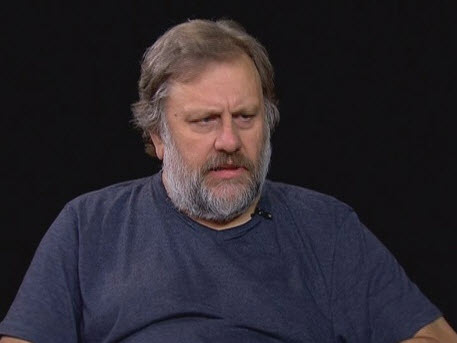
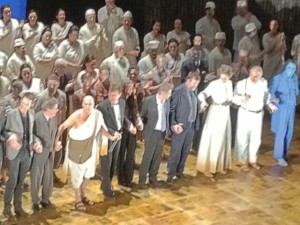
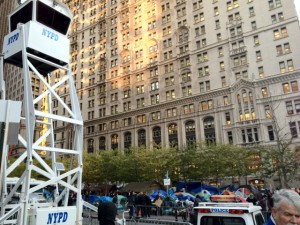
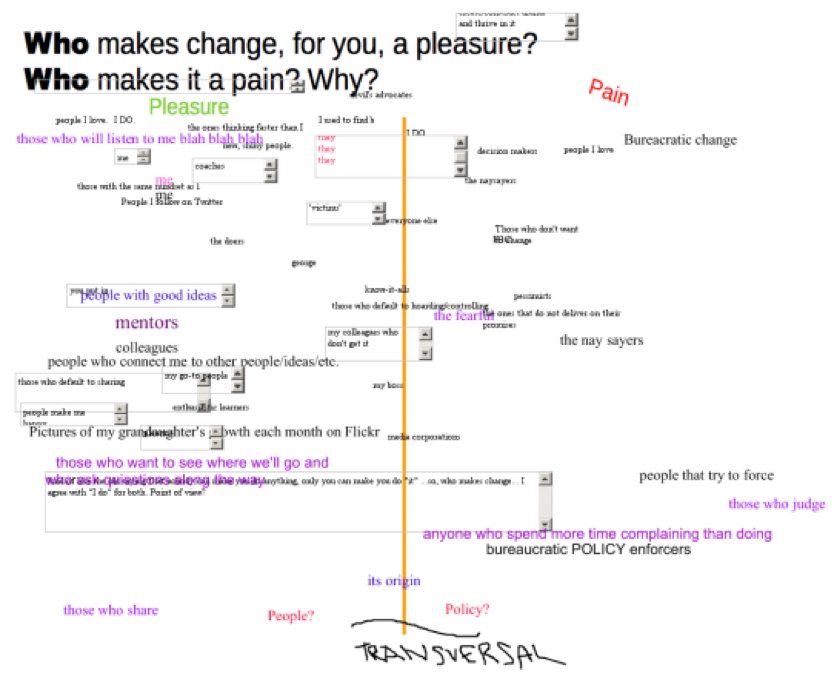 I will confess to you, dear reader, that I am a
I will confess to you, dear reader, that I am a 